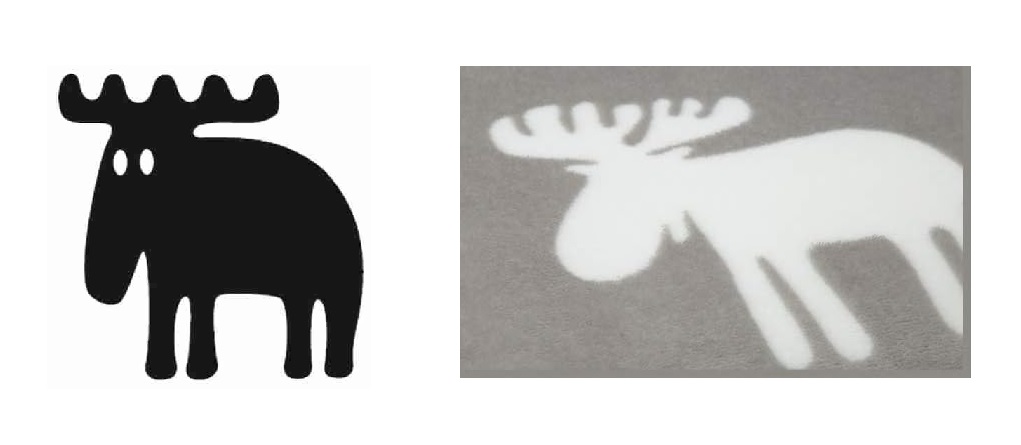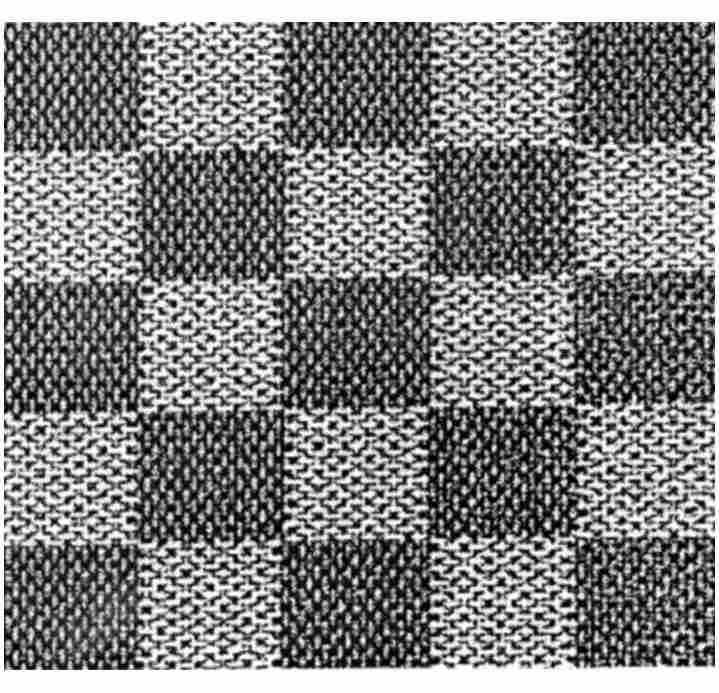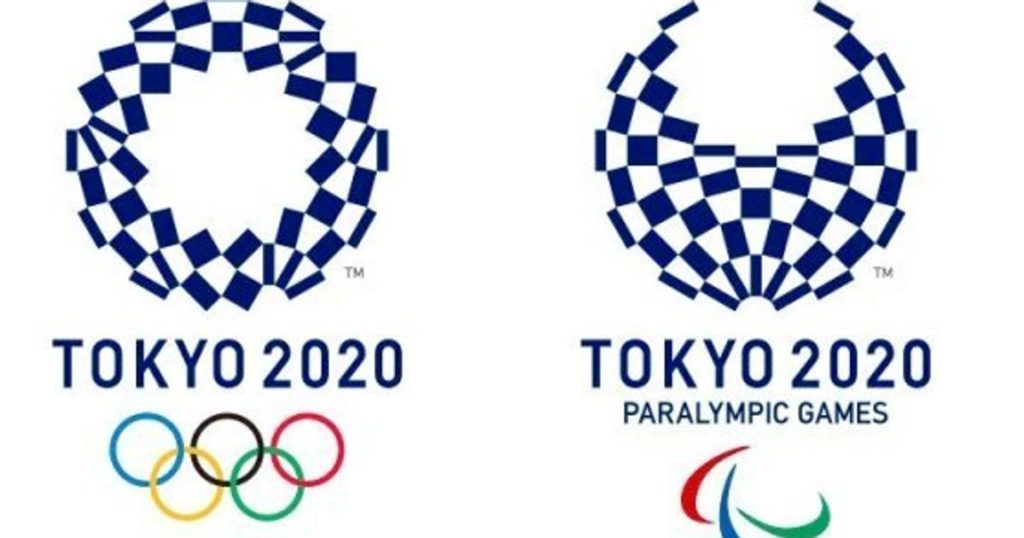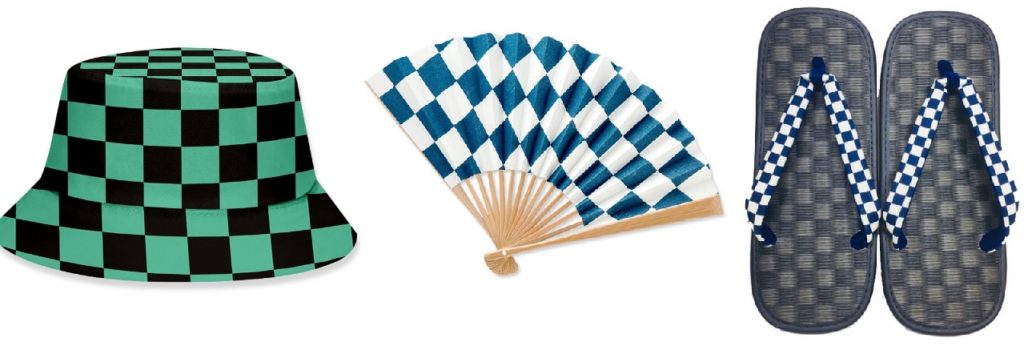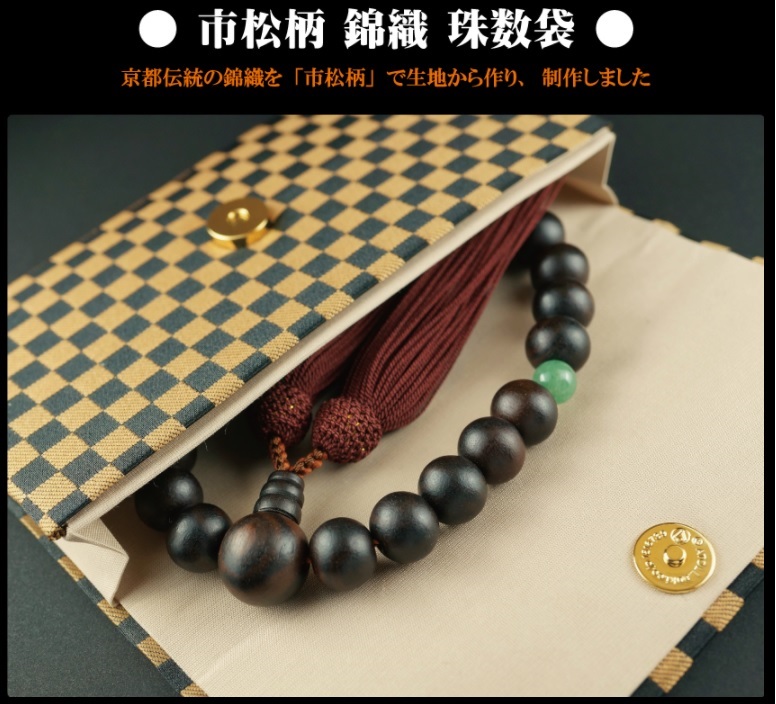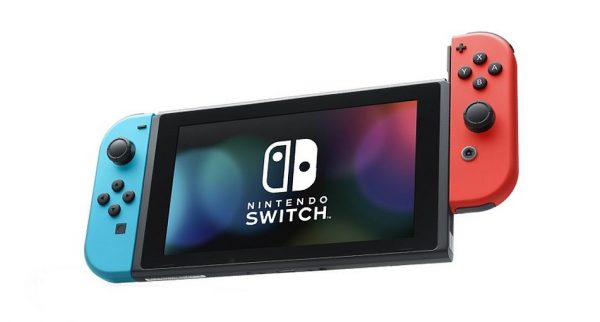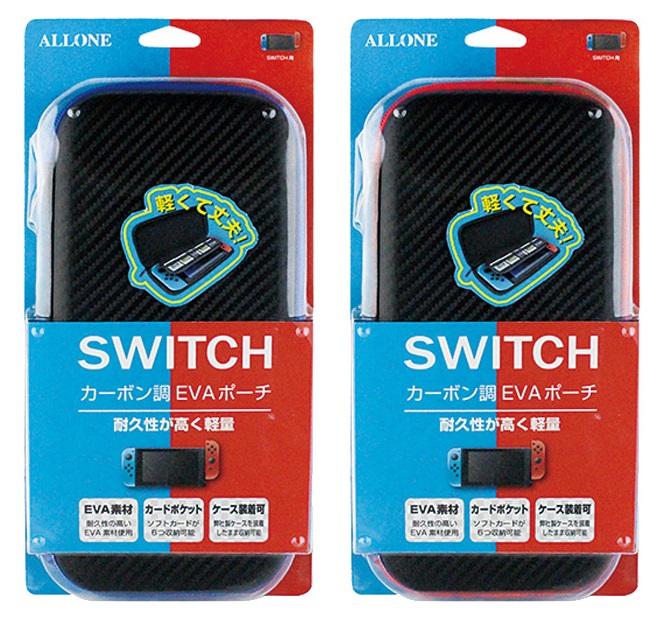In an advisory opinion on trademark dispute over elk design, the Japan Patent Office (JPO) did not side with MOZ Sweden AB.
[Case no. 2023-600017, decide on December 15, 2023]
TM Reg no. 6582775
MOZ Sweden AB, an owner of Japanese trademark registration no. 6582775 for the MOZ mark with its iconic elk design (see below) in relation to electric blankets and other goods of class 11, attempted to stop distribution of wearable electric blankets (“disputed goods”) depicting 20 or 28 elk-motif silhouettes (“disputed design”) on the entire surface by NAKAMURA Co., Ltd.

Allegedly, MOZ sent a C&D letter to NAKAMURA on November 29, 2022 and demanded immediate cease and disposal of the wearable blankets based by claiming trademark infringement. NAKAMURA, for the purpose of settling the dispute, asked the JPO for an advisory opinion on April 14, 2023.
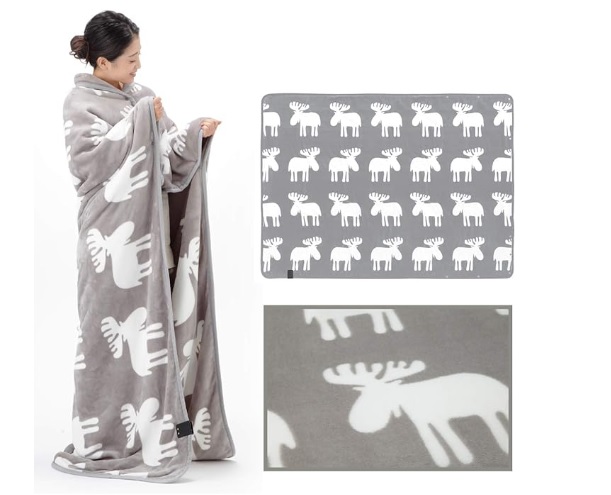
Advisory Opinion Procedure
The Japan Trademark Law has provision for the Japan Patent Office to give advisory opinions about the scope of trademark right upon request under Article 28.
Proceedings of the advisory opinion system are almost the same as invalidation trials. Upon request from either party, the JPO appoints three examiners and orders the opposite party to answer the request in writing. Board seldom holds an oral hearing to investigate the case. In general, all proceedings are based on written statements and documentary evidence.
The advisory opinion by JPO does not have a binding effect, unlike the judicial decision. Accordingly, less than 10 trademark cases have been lodged with the JPO to seek the advisory opinion annually.
JPO Advisory Opinion
The JPO provided its advisory opinion to the case and decided the disputed goods would not be within the scope of right for TM Reg no. 6582775 by stating that:
- Unquestionably, the literal portion “MOZ” is dissimilar to the disputed design from visual, aural and conceptual points of view.
- Comparing the MOZ elk design with that of the disputed design, even though they share the same “elk” motif, there is a clear difference in the shape of the antlers, the outline of the face, the presence or absence of ears, eyes, and mouth. These differences give rise to a distinctive impression in the mind of viewers. Because of it, two designs are sufficiently distinguishable from appearance.
- Being that both “MOZ” and the elk design are respectively dissimilar to the disputed design, there is no reason to believe that the disputed goods shall be within the scope of trademark right and subject to enforcement even if both goods are identical.
